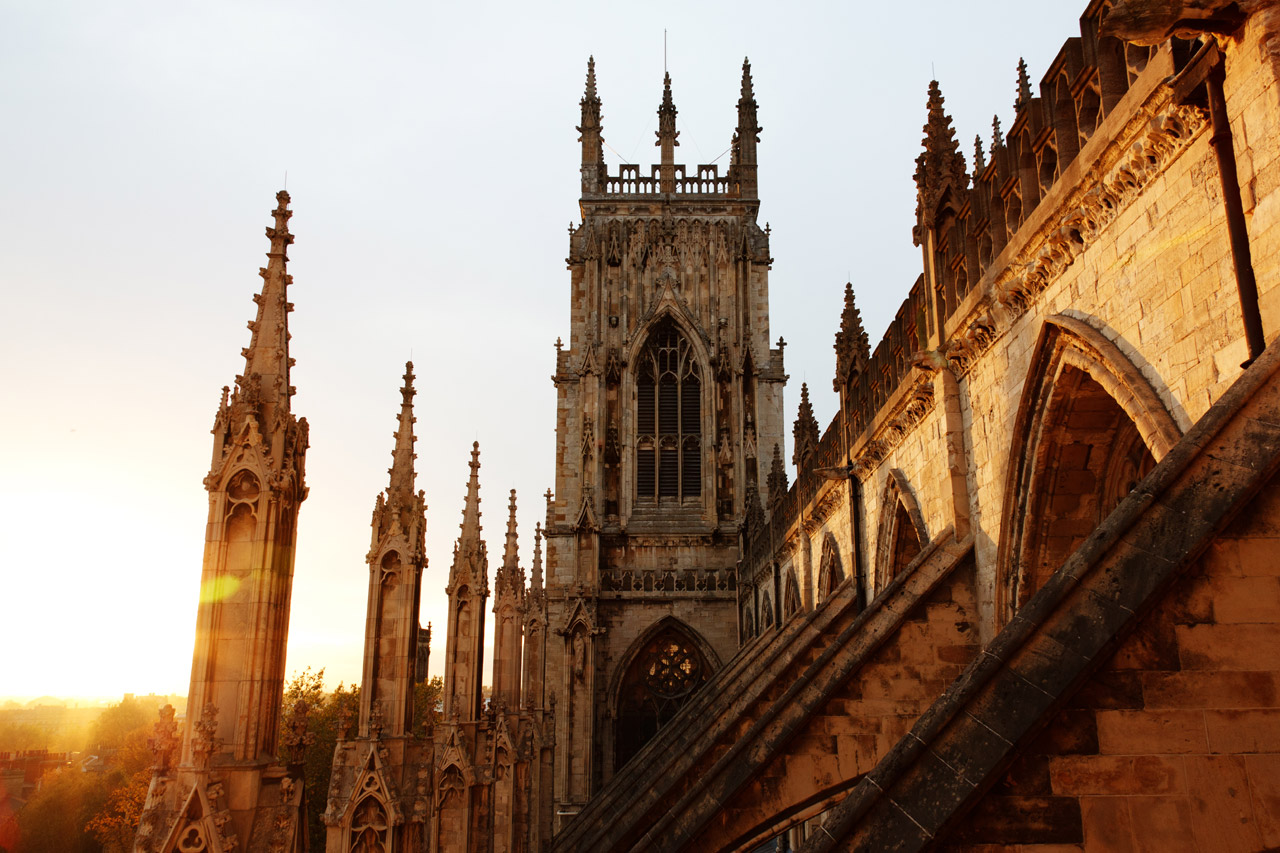
Introduction: The Charm of Faro
Faro, the capital of Portugal’s Algarve region, is a city that beautifully blends rich history, stunning architecture, and breathtaking coastal scenery. Known for its well-preserved medieval old town, vibrant culture, and proximity to some of Europe’s most beautiful beaches, Faro has become an increasingly attractive destination for both tourists and expatriates alike. With a strong focus on nature conservation and sustainable tourism, Faro is also making headlines for its efforts in preserving its unique ecosystems.
Historical Significance
The history of Faro dates back over 2,000 years, as the region was first settled by the Romans, who called it Ossonoba. Today’s visitors can still see remnants of this ancient past, including the ruins of the Roman villa at Estoi and the city’s impressive ancient city walls. The iconic Arco da Vila, a monumental gateway, serves as a reminder of the city’s rich architectural heritage. The Museu Municipal de Faro, housed in a former convent, showcases archaeological treasures and artifacts that tell the story of the city’s evolution through the ages.
Modern Faro: A Cultural Hub
In addition to its historical offerings, Faro has grown into a vibrant cultural hub. The city’s calendar is filled with festivals, art exhibitions, and live music. The Algarve International Circuit, located just outside Faro, frequently hosts thrilling motorsport events that draw crowds from all over the world. Moreover, the local gastronomy shines with a variety of restaurants offering traditional Portuguese cuisine and fresh seafood, making it a food lover’s paradise.
Natural Beauty and Outdoor Activities
Faro is also renowned for its stunning natural landscapes. The Ria Formosa Natural Park, a protected lagoon area, is a biodiversity hotspot that provides habitats for various bird species and offers opportunities for outdoor activities such as birdwatching, walking, and kayaking. With its beautiful beaches like Praia de Faro, visitors can soak up the sun or partake in water sports, further enhancing the city’s appeal as a coastal destination.
Conclusion: Faro’s Bright Future
As tourist interest in Faro continues to grow, the city remains committed to sustainable practices to protect its unique environment and heritage. Initiatives aimed at reducing carbon footprints and promoting local culture are set to ensure that Faro retains its charm for future generations. With ongoing developments in infrastructure and tourism, Faro is poised to become a must-visit hub for those seeking a blend of history, culture, and natural beauty. Whether you’re a history enthusiast, a nature lover, or someone seeking relaxation, Faro has something to offer everyone.
You may also like

Exploring Monmouth: History, Attractions and Community

Exploring the Historic City of York: A Cultural Gem
